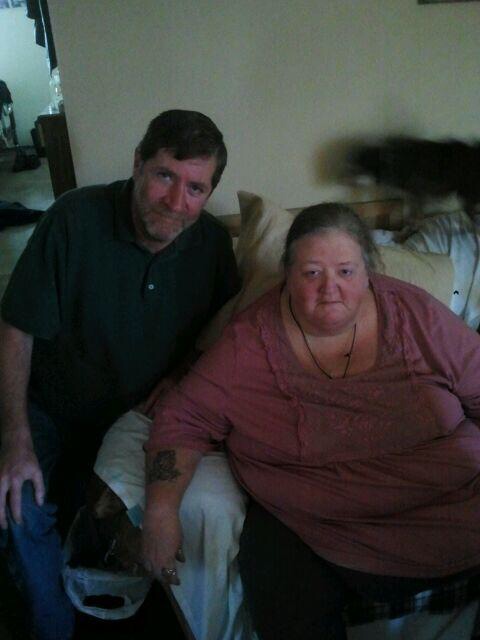In a world in which the balance of power in the marketplace has shifted from seller to the customer, it is becoming increasingly more difficult for church leadership to move a Customer-centric culture at home into a more Mission-centric culture in the church. This contemporary shift in the marketplace is making the role of governing leadership in the church all the more critical.
In many churches, especially those with elder oversite, the only explicit feedback mechanisms alluded to in their constitutions are vertical. There are no explicit feedback mechanisms from the member/attendee, i.e. the people for whom the work is being done. This is not to say that members are formally excluded from sensing a “Tension” from failure to meet member needs of which they happen to become aware and then take action to resolve that “Tension”. But, it is also true that the explicit focus of many church constitutions is entirely internal to the leadership team. The ‘non-leadership team’ member or attendee is simply not in the picture.
When so much time and effort of the leadership team is spent on the micro-details of the internal decision-making mechanisms of a church and little discernible attention given to any external feedback mechanisms, one could easily get the idea that the internal mechanisms are supremely important while the member is irrelevant. Unless and until this “gap” is rectified, leadership in the local church risks being a distraction from the central organizational challenge of our times, namely, how to help the church to be more able to add value to its members.
In this highly customer-centric culture ‘transformational innovation’ becomes the current big challenge for church leadership.
Transformational innovation is difficult because it continually changes the way we live and ‘do’ church. Most churches are loath to pursue ideas that will make them change. Unfortunately, this is one of the reasons that they die. The computer and entertainment electronics industries have been prime examples of this. How many of us have audio 8-track machines, cassette players, videotape cameras, recorders and players, bag phones, clunker desktop computers, etc. sitting in our basements?
I am not writing about church growth. This article is about church health and the ability of the local church to effectively equip and add value to its members so that they will accomplish the mission of the church now and in the future. Church leaders today, more than ever, must realize the need to innovate in order to to maintain and accelerate their missional efforts. They cannot rely solely on past momentum to achieve their ambitions.
Soliciting innovative ideas from various sources is a must. Discovering the best of these ideas is critical. Here are four good practices for improving idea quality for transformational innovation:
Define the problem before brainstorming solutions – Guide leaders to collectively agree on the problem first, in order to generate the most effective solutions.
Enable members to self-assess ideas to improve idea quality – Teach members to self-assess the quality of their own ideas by using simple yet objective criteria to improve the quality of the idea pool, while freeing up leadership time for prioritization decisions.
Actively manage social media to refine ideas – Use social-media platforms to allow members, attendees and other interested parties to virtually share, assess, and refine ideas.
Motivate well-connected network partners to provide their ideas for your church – ask closely partnered neighborhood churches, fellow denominational churches, partnered social-concern agencies who share vested interests, etc. to bring high-quality ideas.
These practices identify and find solutions; and, they provide a clearly defined mechanism for member involvement through a targeted inquiry system that identifies the problem and ensures participant feedback.
Leaders who are thinking innovation will provide an ongoing, time-saving feedback mechanism that allows for rapid and interim changes to ideas based on valued perspectives from members, attendees and partners. Obviously, there will be idea prioritization filters that combine internal feedback with strategic considerations such as mission statement, alignment to strategy, etc.; but, by tapping the collective wisdom of church members, attendees and partners, churches can source better ideas for transformational innovation.
Once Implemented, these innovative ideas can result in member appreciation; greater member equipment and involvement; and, raving excitement that spills out into the neighborhood in the form of contagious missional living and conversion growth.
Wouldn’t it great to see the day when all churches realize they can have a successfully missional church where their members love coming to church, are happy and engaged, who are growing in their faith, are active in their outreach and whose neighbors and communities are thankful they are there!





